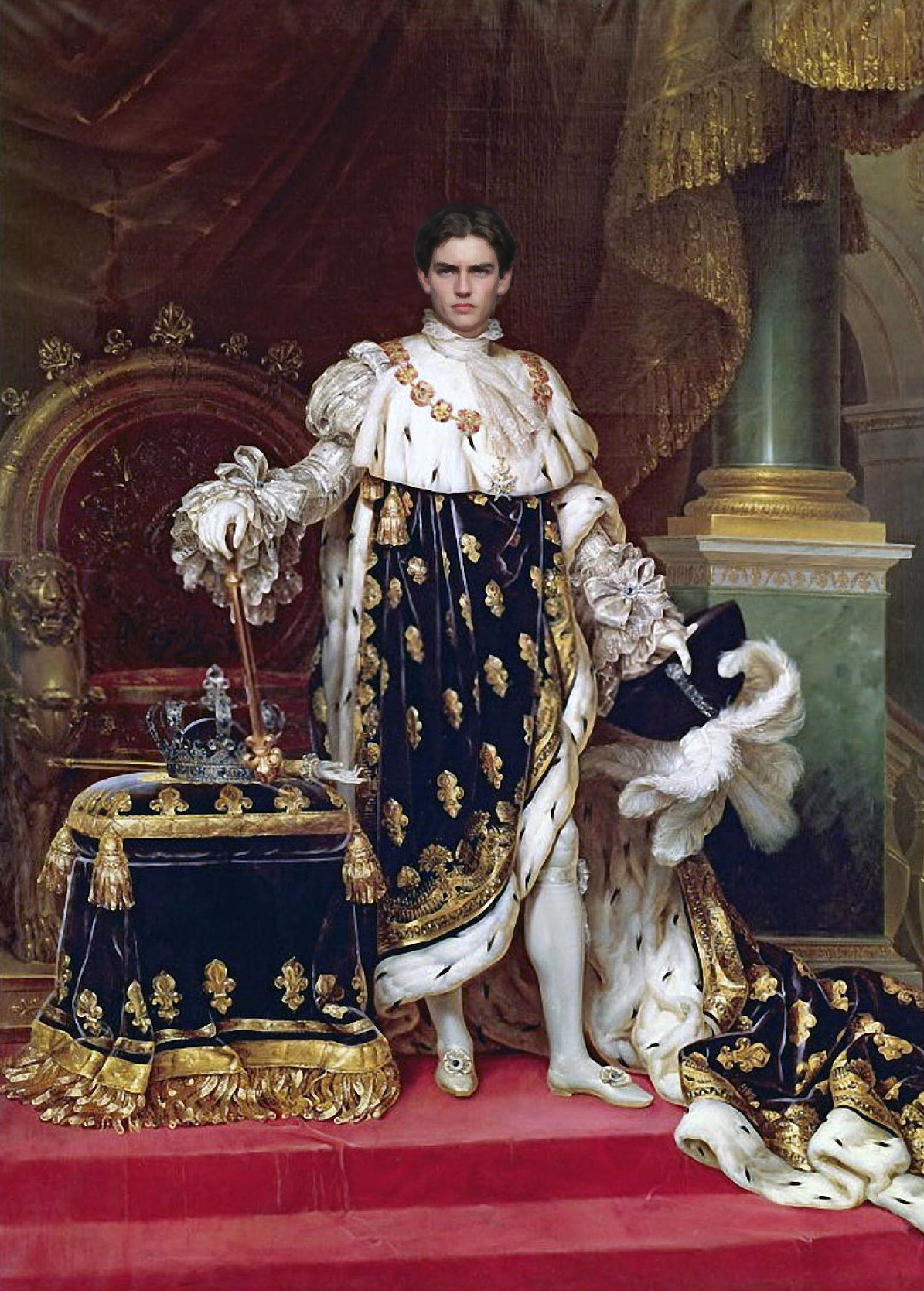From Belgium, Louis-Philippe went to Switzerland. He hid under the name Chabaud-Latour and taught at the College of Reichenau until he was unmasked and forced to emigrate again. He then went to Scandinavia and joined an expedition going to
Lapland.
I am a pioneer, the first French to ever go to the
North Cape. This proves that I can lead men by example as well as by words.
— Louis-Philippe d'Orléans
In 1796, King Carnot finally free Louis-Philippe two younger brothers from the prison in which they had been sent after the death of their father, on the condition that all of them go to the Americas and the European trading posts that have been allowed to be established on the coast. Fact extremely rare for Europeans, the brothers were invited inside the continent and got to sojourn with several of the Native populations in North America, then South America.
In 1800 after Napoléon became king, the brother went back to Europe and settled in England so as to be able to observe a lot more closely what was going on in France. Twice, Louis-Philippe attempted to take arms against Napoléon and to lead armies in Spain, but Louis XVIII refused to allow him to participate.
My cousin hurt me so with his lack of trust. Surely, whatever past arguments we have had are behind us as we stand united against the Ogre.
— Louis-Philippe d'Orléans
During that time, Louis-Philippe was also attempting to marry the English king's daughter, Elisabeth of Hanover, but in front of the endless difficulties of the project, he gave up and instead in 1809 he went to Sicilia and married Marie-Amélie de Bourbon, the daughter of King Ferdinand of the Two-Siciles who is Queen Marie-Antoinette's niece and Queen
Marie-Louise's and the
Duchess of Berry's aunt. By 1815 they already had 4 children.
All of those revolutions are just gigantic family quarrels! We need some new blood on the throne—and we will get it no matter how much of the old one we have to spill!— Some very annoyed member of the National Assembly




















Amazing, a whole history of one person. This inspires me to do the same :D
Thanks :D I have some help because it's a historical character and all the info has been gathered for me :p
Oh, of course! Still, this does help - we all need it some way or another. ;)